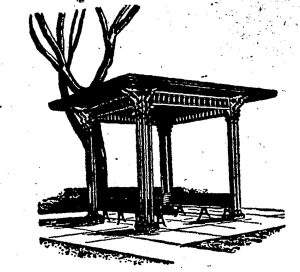This year marks the 70th Anniversary of the Allied Invasion of Normandy. Memorial services for the war’s causalities are taking place around the world. These services commemorate the dead and also attest to the scope and ferocity of the Second World War. Those who liberated concentration camps felt it was of utmost importance to ensure that this history was kept alive.
In the early morning of April 11th 1945, the Third Armored Division, specifically Task Force Welborn from the north and Task Force Loveday from the south, led the capture of what they thought was a prisoner-of-war camp.[1] After a few light skirmishes the nearby town of Nordhausen (in Northern-Central Germany) was secured. Once Nordhausen was seized 3AD units investigated rumors of a prisoner camp on the outskirts of the town. First person accounts note the bewilderment and nausea that the soldiers experienced upon finding the concentration camp. James D. Mathews recounted his own experiences: Continue reading “Remembering Dora-Mittelbau”
